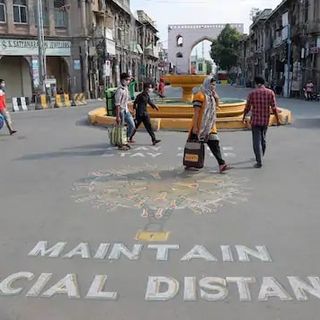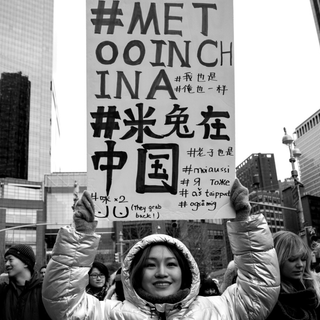The New Zealand government has announced an initiative to provide free sanitary products in schools across the country in a bid to deal with period poverty — a global issue affecting menstruating women whose access to education is hindered owing to period products being unaffordable.
At present, nearly 95,000 girls in New Zealand aged between nine to 18 years are forced to stay at home and miss school during their periods due to their inability to afford pads and tampons. The government is, therefore, investing USD 1.7 million in the initiative, which will be rolled out first in 15 schools in the Waikato region this year, and then expanded across the country to cover all schools by next year.
“By making them freely available, we support these young people to continue learning at school. Our plan to halve child poverty in 10 years is making a difference but there is more to do. And with families hit hard by the Covid19 global pandemic, it’s important to increase that support in the areas it can make an immediate difference. This is another important initiative that sits alongside our work to reduce child poverty and hardship including the USD 5.5 billion families package, free lunches in schools, cheaper visits to the doctors, stopping schools asking for donations, and lifting benefits,” Prime Minister Jacinda Ardern told reporters.
Related on The Swaddle:
Survey: Indian Women Unable To Access Menstrual Hygiene Products Under Covid19 Lockdown
However, New Zealand isn’t the first country to provide free menstrual hygiene products to women. In 2018, Scotland become the first country to provide them for free to students at schools, colleges and universities with a USD 6.4 million initiative to help 395,000 students across the country. And, in February this year, the Scottish Parliament passed a bill to make pads and tampons free across the board — and, not just to students. This January, the English government too made tampons, sanitary pads and other period products freely available to all state schools and colleges in England with the launch of a scheme funded by their department for education.
Period poverty impacts women in India too. An 2018 report by The Hindu stated that 60 percent of adolescent girls in India missed school while being on periods with anxiety about leakage and staining of their uniforms being among the major reasons since most of them use some form of home-made pads due to affordability concerns. On an average, the girls miss six days’ worth of classes each month, which leads to 23 million girls dropping out of school annually due to lack of proper menstrual hygiene management facilities — not only does this impact their education, and subsequent career prospects and financial independence, but also pushes them to child marriages. In fact, India has the highest absolute number of child brides in the world, according to UNICEF.
India has attempted to address this by making menstrual hygiene products tax-free. In addition, the Indian government also provides women with sanitary napkins costing INR 2.5 per pad across 3,600 Janaushadhi Kendras in the country, but most women continue to be unaware of the scheme.
“Menstruation is a fact of life for half the population and access to these products is a necessity, not a luxury. We want an Aotearoa New Zealand where all people have access to education and the things they need to live a good life,” Julie Anne Genter, New Zealand’s Minister for Women, said in the statement announcing the government’s initiative.




